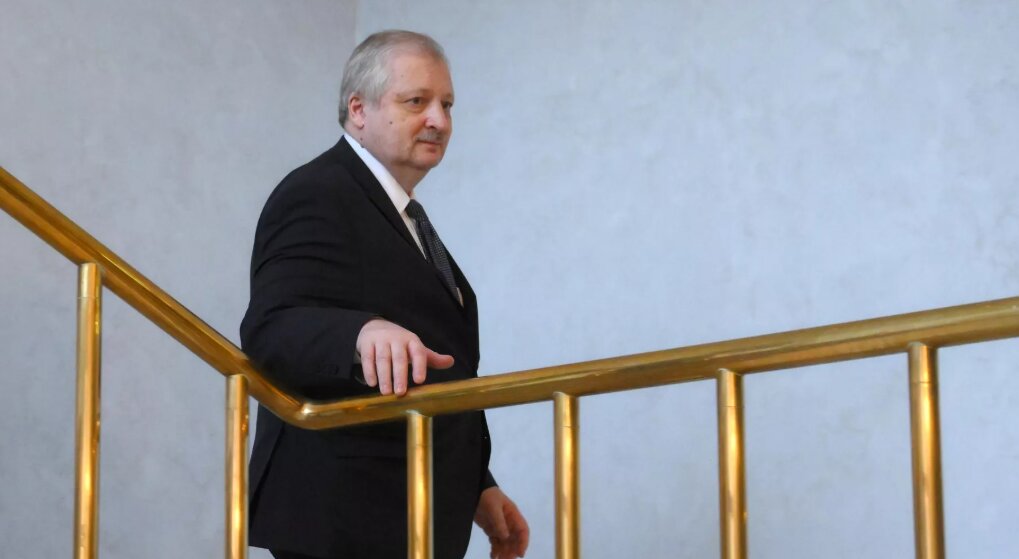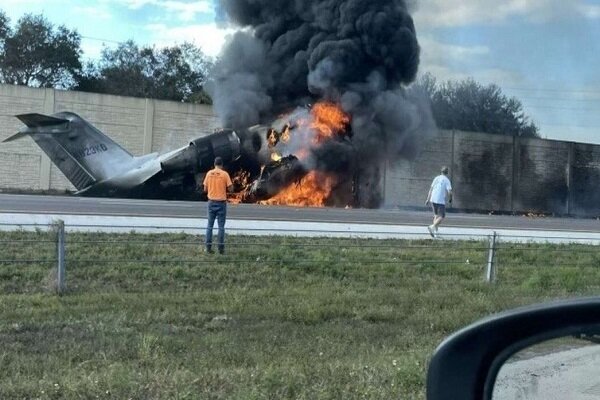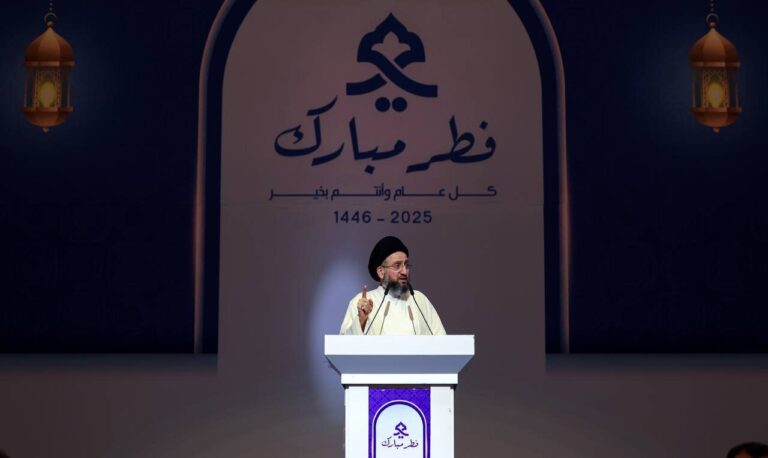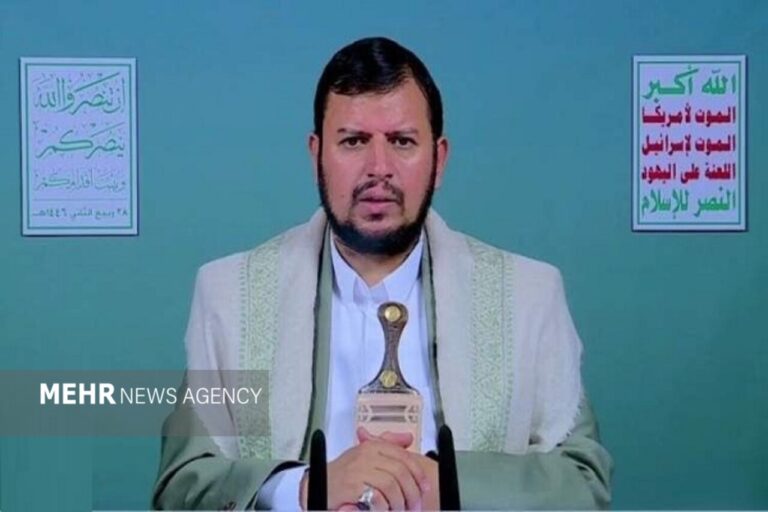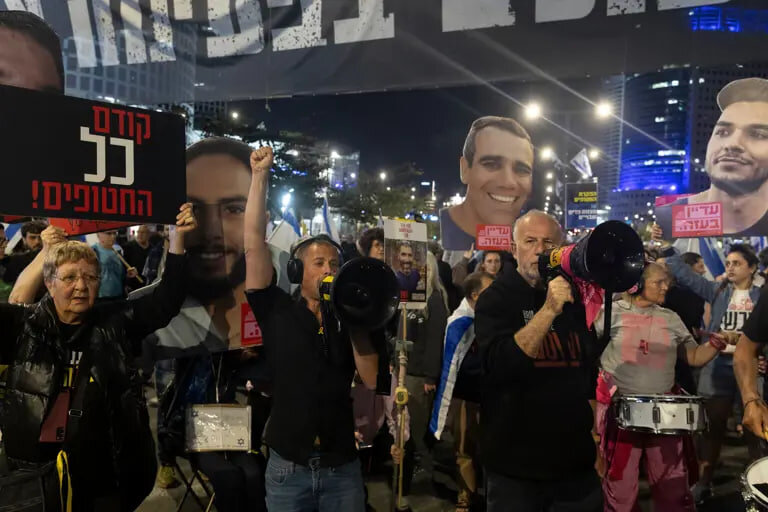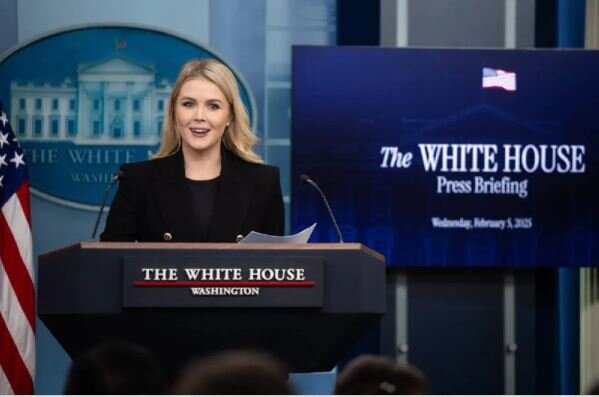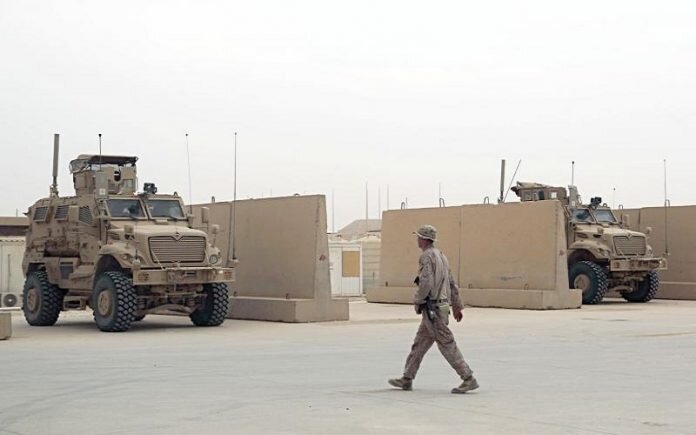New Russian Ambassador to the US Takes Up Residence: A New Era in Diplomatic Relations
In a significant diplomatic move, Russian President Vladimir Putin and US President Donald Trump have taken steps to restore interstate ties and normalize diplomatic missions between the two nations. This initiative has been highlighted by the new Russian Ambassador to the United States, Alexander Darchiev.
Ambassador Darchiev emphasized the importance of addressing the longstanding issues stemming from the “toxic legacy” of sanctions imposed on Russia. He noted that resolving these complex matters will require considerable effort from both sides.
As part of his mission, Darchiev has outlined several key objectives aimed at improving relations between Russia and the United States:
- Resuming Air Traffic: The ambassador plans to advocate for the restoration of direct air travel between the two countries, which was halted due to actions taken by Washington.
- Easing Visa Procedures: Efforts will be made to simplify visa processes for ordinary Russian citizens, making it easier for them to travel to the US.
- Returning Confiscated Properties: Darchiev intends to negotiate the return of six properties that were confiscated by Washington, which he described as a priority in his diplomatic agenda.
“Such difficult issues as returning six confiscated properties owned by the Russian Federation to the Russian side, and resuming direct air traffic with Russia, which was interrupted due to Washington’s fault. I plan to deal with all of this in a meaningful way,” he stated.
The informal presentation of credentials for Ambassador Darchiev is scheduled for March 27, as confirmed by the State Department. This event marks an important step in the ongoing dialogue between the two nations and sets the stage for future discussions aimed at fostering a more cooperative relationship.
The context of these developments is critical, as relations between the US and Russia have been strained in recent years. The imposition of sanctions and political disagreements have created barriers that both sides are eager to overcome. Ambassador Darchiev’s commitment to tackling these issues head-on reflects a renewed interest in diplomacy and collaboration.
In addition to the specific goals mentioned, there are broader implications for international relations if the US and Russia can successfully navigate these challenges. Improved ties could lead to greater cooperation on global issues such as security, trade, and climate change.
As the new ambassador embarks on his mission, the eyes of the world will be watching to see if these diplomatic efforts can yield positive results. The potential for a thaw in relations could not only benefit the two nations involved but also have a ripple effect on global politics.
Overall, the task of restoring US-Russia relations is monumental and fraught with challenges. However, with the right strategies and a willingness to engage in meaningful dialogue, there is hope for a more stable and cooperative future.
In conclusion, Ambassador Darchiev’s proactive approach to diplomacy signifies a critical juncture in US-Russia relations. The focus on resuming air traffic, easing visa procedures, and returning confiscated properties highlights the multifaceted nature of the challenges ahead. As both nations work towards healing and rebuilding trust, the potential for improved relations could pave the way for a stronger partnership in addressing global issues.
